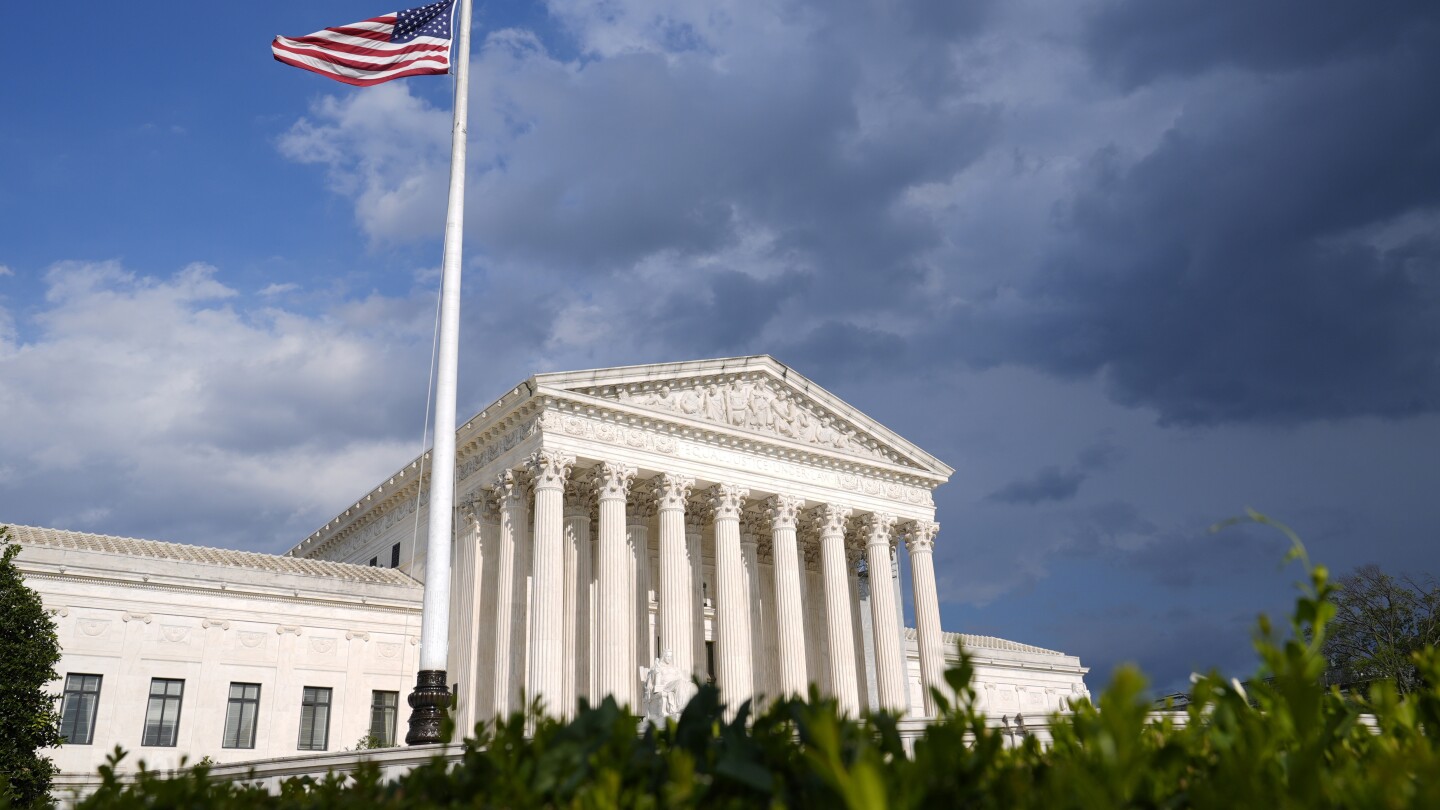In a landmark decision on Wednesday, the U.S. Supreme Court ruled that federal employees serving in the military reserve are entitled to receive their civilian pay when they are called to active duty during national emergencies. This decision may have significant implications for many federal employees who balance civilian and military commitments.
The ruling, which passed by a narrow 5-4 margin, addresses the financial impact on reservists who temporarily leave their federal jobs to serve in the military. The case originated from an air traffic controller who found himself earning less during his active duty with the Coast Guard compared to his regular salary with the Federal Aviation Administration.
Initially, a differential pay statute was passed by Congress in 2009, designed to bridge the gap between military and civilian pay. However, the Justice Department contended that this statute should be limited to those whose military service was directly connected to a national emergency.
The majority of the justices disagreed with this interpretation, asserting that any reservist mobilized during a national crisis enhances the nation’s defense capabilities and therefore deserves compensation equal to their civilian salary. This view was supported by Justices Neil Gorsuch, Sonia Sotomayor, Brett Kavanaugh, Amy Coney Barrett, and Chief Justice John Roberts.
Conversely, Justice Clarence Thomas, in his dissent, expressed concern that the ruling extends differential pay provisions beyond what Congress had anticipated, given the long-standing state of national emergency in the U.S. Thomas, joined by Justices Samuel Alito, Elena Kagan, and Ketanji Brown Jackson, suggested that the case should be reconsidered by a lower court.






